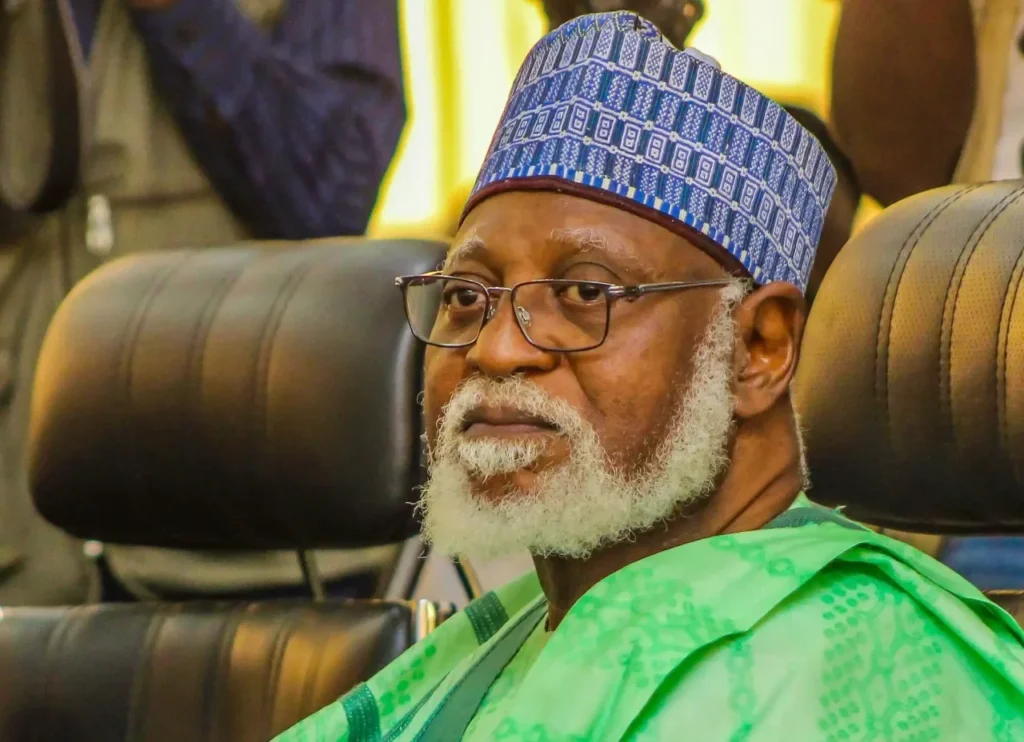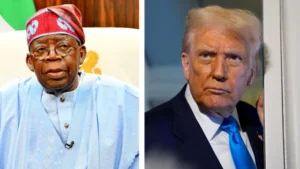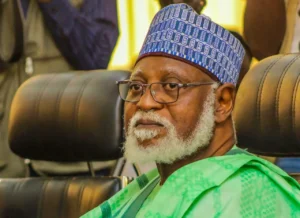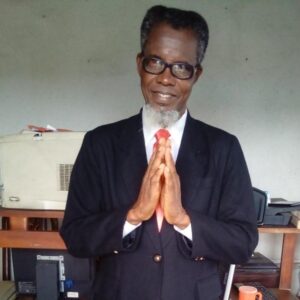A PREGNANT STATEMENT BY GEN. ABDULSALAMI ABUBAKAR (GCFR.)

“With the passing away of President Buhari, politics in Nigeria will certainly change, will certainly change – I hope for the better.”
Gen. Abdulsalami made the statement on Channel 10 PM News, 14th July 2025, during an interview session when asked to speak on the lagacy of late president Buhari in London.
As a matter of fact, the statement is pregnant with meaning. It is loaded, layered, and open to multiple interpretations depending on the lens through which we choose to analyze it.
Let us excavate this statement carefully, considering it could be cautionary, advisory, reflective of loss of hope, or perhaps even all three.
- A Cautionary Note: The End of a Political Era, and the Beginning of Uncertainty
General Buhari—whether one agreed with his leadership style or not—represented a particular brand of politics in Nigeria. Military-style discipline, centralization of power, strong northern influence, and anti-corruption rhetoric (though widely criticized for selective application). His presence alone often stabilized or suppressed certain voices and ideologies.
With his death, Gen. Abdulsalami may be cautioning that:
A power vacuum has emerged.
The checks and balances (however flawed) tied to Buhari’s influence are now absent.
Opportunists may rise, and hidden political tensions may erupt.
Regional and ethnic politics could intensify as various blocs jostle to fill the vacuum.
Thus, the statement could imply a storm is coming—not necessarily because Buhari was perfect, but because his absence disrupts a fragile balance that Nigeria’s politics was resting upon.
- An Advisory Warning: A Chance for Political Rethinking
On a more hopeful side, Gen. Abdulsalami’s words might be seen as advisory—a subtle prompt for reflection and recalibration. His statement may mean:
Buhari’s death marks a turning point—a chance to break from the old and build a more people-oriented politics.
It may be an opportunity for younger leaders, new ideas, and fresh energy to emerge.
The old guard is fading, and Nigeria must redefine its democratic identity.
In this light, the statement carries a whisper of hope—a call to citizens, politicians, and institutions to act wisely, restructure priorities, and deepen the democratic process. Politics may change if we choose to make it better.
- A Reflection of Disillusionment: Lost Hope in Governance
There is also a darker undertone—a sense of despair or cynicism. Perhaps Gen. Abdulsalami meant that Buhari, for all his flaws, was still a symbol of order, experience, or control. His death, then, might be interpreted as:
The end of any remaining credibility in the Nigerian leadership class.
A loss of patriotic leadership, paving the way for more chaotic, self-serving politicians.
A deepening of the citizen’s distrust in political institutions.
In this reading, the statement is not advisory—it is a lament. A warning that with Buhari’s passing, what remains may be worse, weaker, or more fragmented. It reflects a kind of political weariness—a loss of faith in the country’s leadership trajectory.
The Takeaway:
Gen. Abdulsalami’s words are a loaded metaphor, not to be dismissed lightly. Depending on how Nigeria responds, the change could go either way:
It could be a pivot toward renewal, a generational shift in leadership, the rise of technocrats, and servant-leaders.
Or it could deepen ethno-political divides, spark succession battles, and destabilize the already fragile national unity.
In essence, his statement is a mirror, reflecting both danger and possibility. It is a cautionary trumpet, an advisory torch, and perhaps, a lamenting dirge all rolled into one. It’s not just about Buhari—it’s about Nigeria, her soul, and her direction after the curtain falls on a controversial chapter.
Final Word:
Now that the elder tree has fallen, what seeds shall we plant in its place? That is the question Nigeria must answer.
Politics will certainly change—whether for better or worse will depend on how conscious, courageous, and collective our next choices are.
— Amb. Dr. Samson Joseph Iriruaga
Public affairs commentator and peace advocate.





